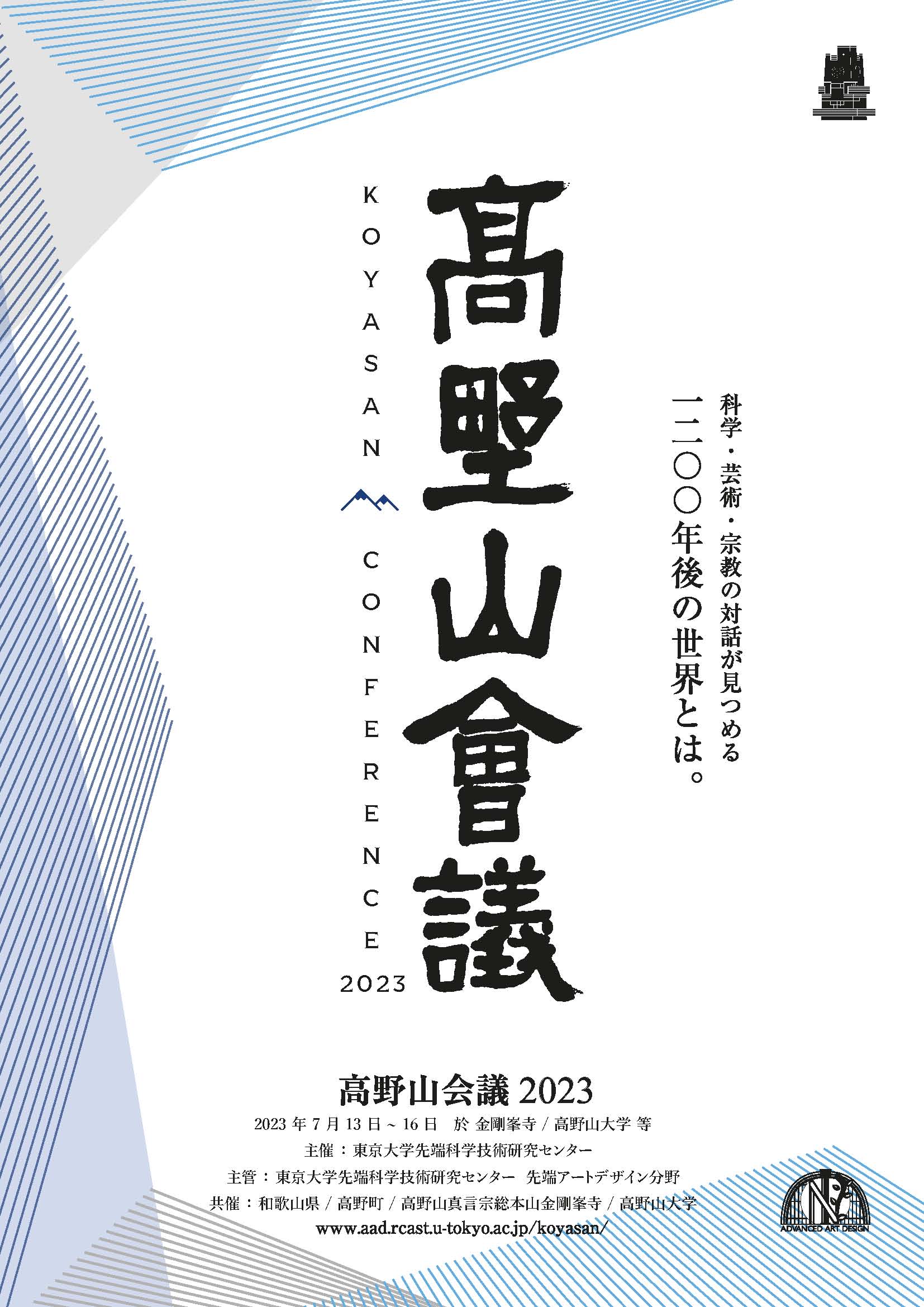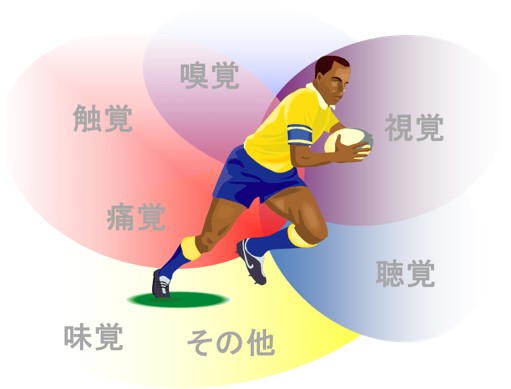 |
||||||||||||||||||
| Outline of Research and Education | ||||||||||||||||||
| ~ Study of Biological Intelligence: Cooperation, Harmony, and Coexistence with Nature ~ Organisms have acquired various abilities through interaction with nature. While AI and other human-generated technologies are important, biological intelligence, or the ability to solve problems inherent to living organisms, is even more important for building a future in which we can coexist in harmony with nature. We focus on insects, which inhabit a wide range of environments on the earth, and are pioneering new science and technology to understand and apply the sensory and brain mechanisms that release their behavior by accurately reconstructing from the elements such as proteins and neurons. Detection of odorants and the search for the odor source are extremely difficult problems that have not yet been solved even with the current state of science and technology. Insects, on the other hand, can detect and locate odors several kilometers away, for example, male moths can detect the pheromonal odor emitted by females. Understanding the intelligence of insects not only solves a problem that science and technology has yet to solve, but also teaches us how to solve problems in a way that is kind to nature and in harmony with nature. Research on the innate intelligence of living organisms is essential for the future of new science and new manufacturing that is friendly to humans, living organisms, and the global environment, and that considers the future of the Earth. ~ Shifting from a "huma-centered" to a "nature-centered" perspective: Humanity and Ethics ~ In order to build a future that coexists with nature, it is important to shift our perspective from the conventional anthropocentric view of humans as separate from nature and in control of it to a nature-centered view that humans are part of nature. We need to look at science and technology from the perspective of diversity and inclusiveness, as well as humanity and ethics, which are created by placing nature at the center, and we need to work toward the development of true human resources through STEAM education. In order to put this into practice, we have established the "Advanced Art-Design Field" in RCAST and hold the "Koyasan Conference" every year at Kongobuji Temple and Koyasan University, where scientists, artists, philosophers, religious leaders, and others from diverse backgrounds gather to think about and practice humanity and ethics in the future 1200 years from now through dialogue. The development of humanistic and ethical science and technology in harmony with nature and the cultivation of STEAM human resources are urgent issues. For more details, please see "Projects" below. |
||||||||||||||||||
| Projects | ||||||||||||||||||
|
||||||||||||||||||
| Collaborative Research | ||||||||||||||||||
| Insect Control Space Design Social Cooperation Research Division | Insect Brain Simulation on the Fugaku Supercomputer | Bio-Machine Hybrid System | ||||||||||||||||
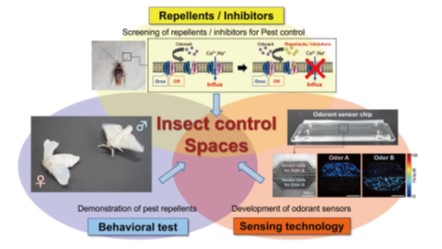 |
|
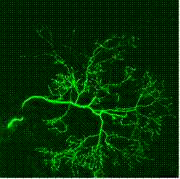 |
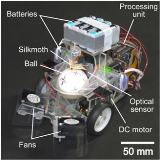 |
|||||||||||||||
|
|
|
|
|||||||||||||||
| Activities | ||||||||||||||||||
| Research Achievements | Research Introduction with Video | Outreach Activities STEAM Education |
Comparative Neuroscience Platform | |||||||||||||||
| ・List of Research Achievements ・Doctoral Thesis ・Master's Thesis ・Graduation Thesis ・Public Lectures ・Books ・Scientific Research Grants ・Awards ・Domestic and International Cooperative Research and Agreements |
・Research introduced at SCIENCE |
|
|
|||||||||||||||
| Contact | ||||||||||||||||||
| Contact: 4-6-1 Komaba, Meguro-ku, Tokyo 153-8904 TEL: 03-5452-5195 kanzaki(at)rcast.u-tokyo.ac.jp Copyright: Ryohei Kanzaki, Research Center for Advanced Science and Technology, The University of Tokyo Updated: 20230624 |
||||||||||||||||||
